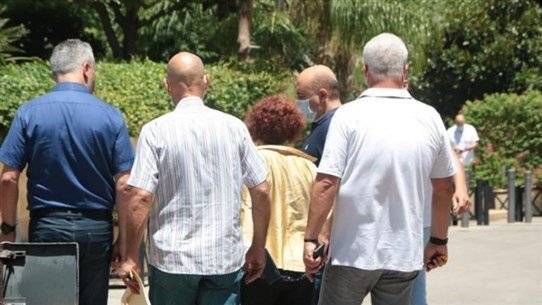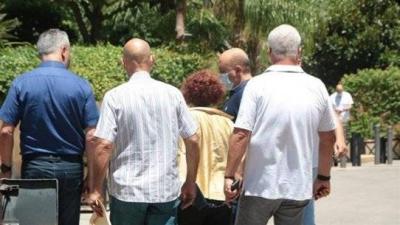Lebanon is witnessing a complete dissolution of its institutions. With the ongoing strike by public sector employees paralyzing the administrative work of the state, the most concerning issue is happening within the judiciary, the authority responsible for regulating all other authorities. Some judges are acting in a politically charged and showy manner, undermining the remaining credibility and justice in the system.
Just yesterday, two incidents marked the judicial landscape with a dark imprint: the first was the incursion of the Prosecutor General in Mount Lebanon, Judge Ghada Aoun, into the Central Bank of Lebanon in Beirut, and the second was the summons of the Director General of the Tenders Department, Jean Elia, for questioning. The summons of Elia was a politically motivated act, especially since he is widely regarded for his integrity, transparency, and commitment to public funds, continuously opposing attempts at waste and corruption in the electricity sector.
What Judge Aoun did is not her first display, and it is expected not to be the last, particularly since the orders guiding her actions are political, diverting the judicial process from its primary goal of achieving justice and enforcing accountability in all presented cases rather than selectively.
Legal expert lawyer Suleiman Malik pointed out that "the Prosecutor General has the authority to raid state institutions, especially if the case is in the preliminary investigation stage, except for raiding the three presidential sites, which have their own jurisdiction." However, in his conversation with the "Anbaa" electronic newspaper, Malik noted that "the Prosecutor General is constrained by the Criminal Procedure Law, which limits his authority within his geographical jurisdiction. If he wants to move out of his district to another, he must seek permission from the relevant Prosecutor General. Since Judge Aoun holds the position of Prosecutor General in Mount Lebanon, her raid on the Central Bank in Beirut is beyond her jurisdiction."
Malik emphasized that "it is the responsibility of the Disciplinary Prosecutor to take any necessary actions against Judge Aoun due to her ostentatious raid, and the Judicial Inspection should also take action." Regarding the possible punishment that Aoun might face, Malik mentioned that "the Disciplinary Council may decide to archive the case if the evidence for her conviction is insufficient, or it could act and issue her a warning, which could lead to her suspension from duty, but all of this depends on the investigations of the Judicial Council and the Disciplinary Council."




